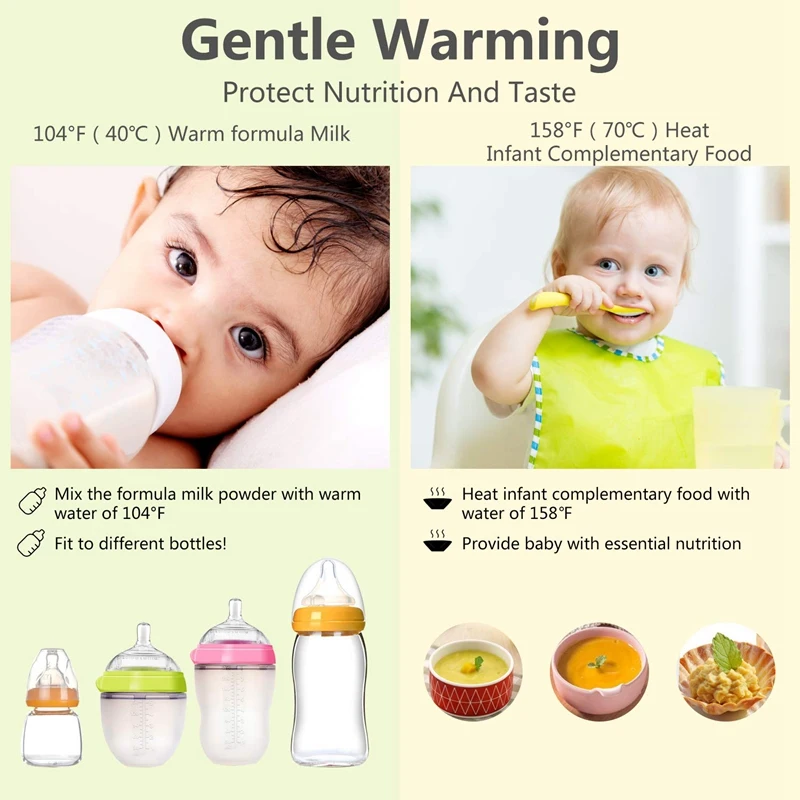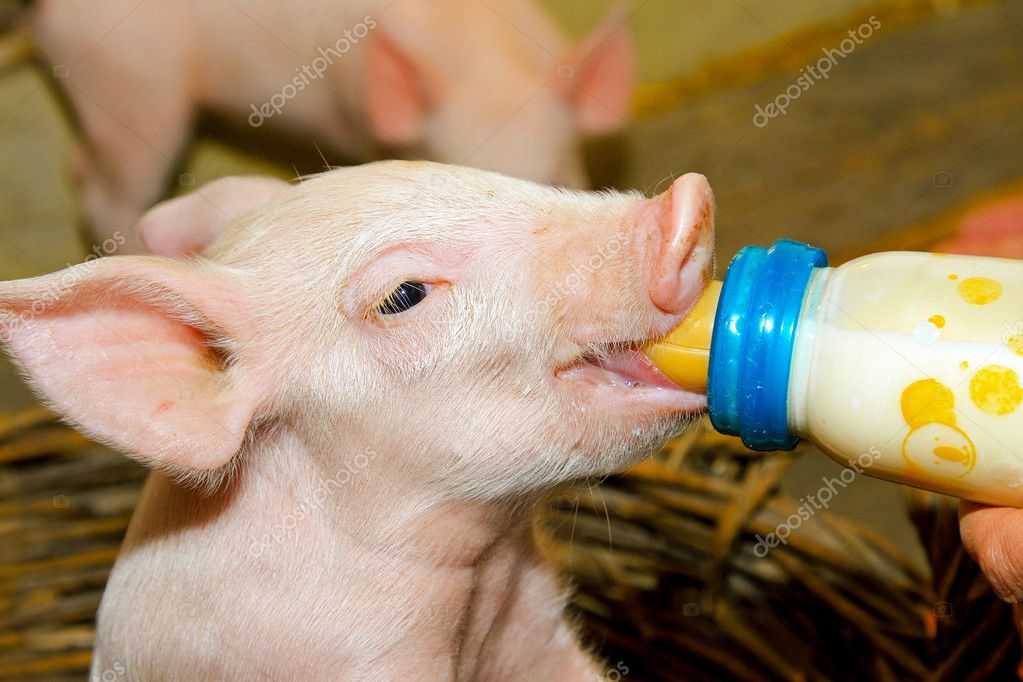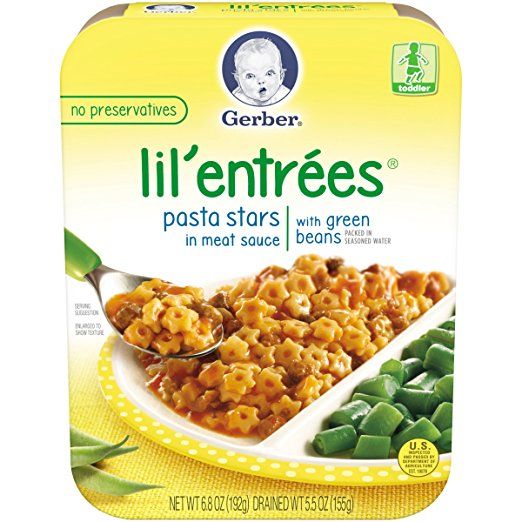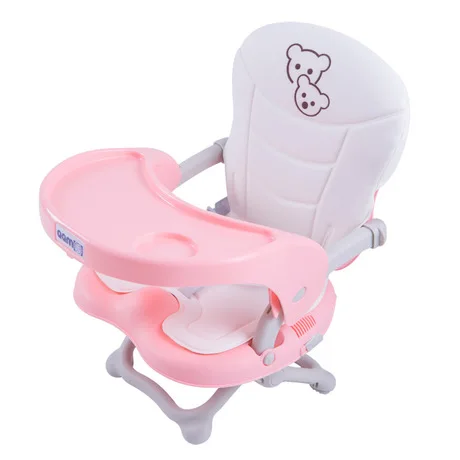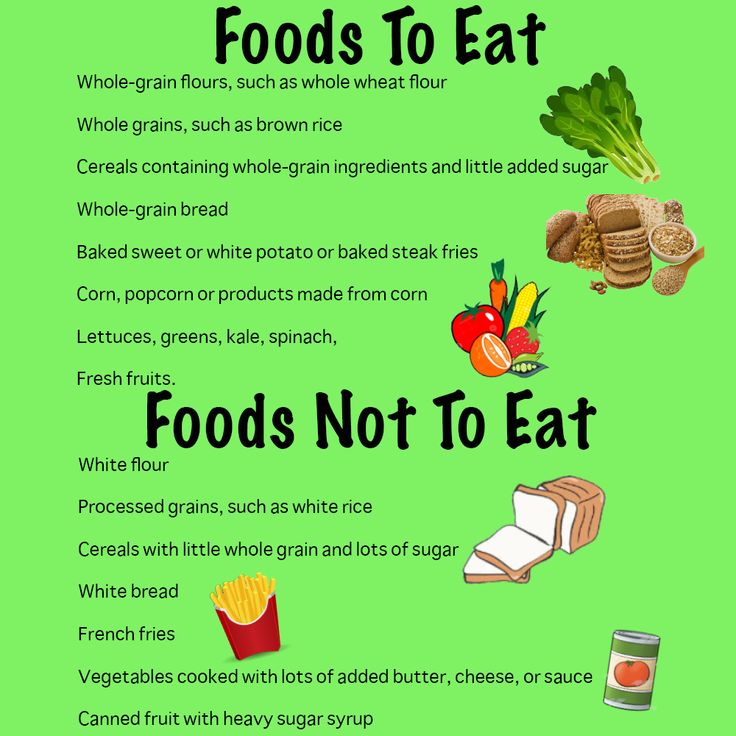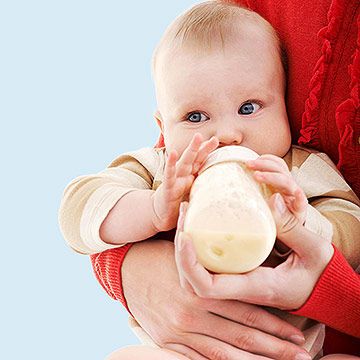Baby poop solids foods
FAQ: Introducing Your Baby to Solid Foods | Patient Education
- When will my baby be ready to start solid foods?
- Why does my baby need solid food?
- What foods should I offer my baby first?
- How do I introduce my baby to solid food?
- Can I put the cereal or baby food into my baby's bottle?
- What are the next foods I can give my baby?
- What should I look for when buying baby food?
- Can I make my own baby food?
- What foods should I not give my baby?
- What are the signs my baby is allergic to a food?
- How will my baby's stools change once I introduce solid food?
- How often should I feed my baby?
When will my baby be ready to start solid foods?
Most babies grow beautifully on breast milk or formula for the first 6 months, and do not need any solid food before this age. Also, before 6 months of age, most infants have a reflex that causes them to push their tongue against a spoon, making it difficult for them to swallow solid food properly. Introducing solid foods before 5 to 6 months of age may also increase the baby's risk of developing food allergies and obesity.
Your baby will show readiness to eat solids in several ways:
- Your baby's physical development allows him or her to sit without support. When babies can sit easily, they have usually lost the tongue thrust reflex.
- Your baby watches you eat and demonstrates an interest in food.
- Your baby is able to reach out and grab objects.
Why does my baby need solid food?
By 6 months of age, your baby has outgrown the amount of iron he or she received from you before birth. Now your baby needs an additional iron source to prevent anemia. Eating solid food also helps your baby learn many new things, including how to swallow food and, eventually, how to feed him or herself. It also exposes babies to many new tastes and textures.
However, between 6 and 9 months of age, most of the calories your baby needs to grow will still come from breast milk or formula.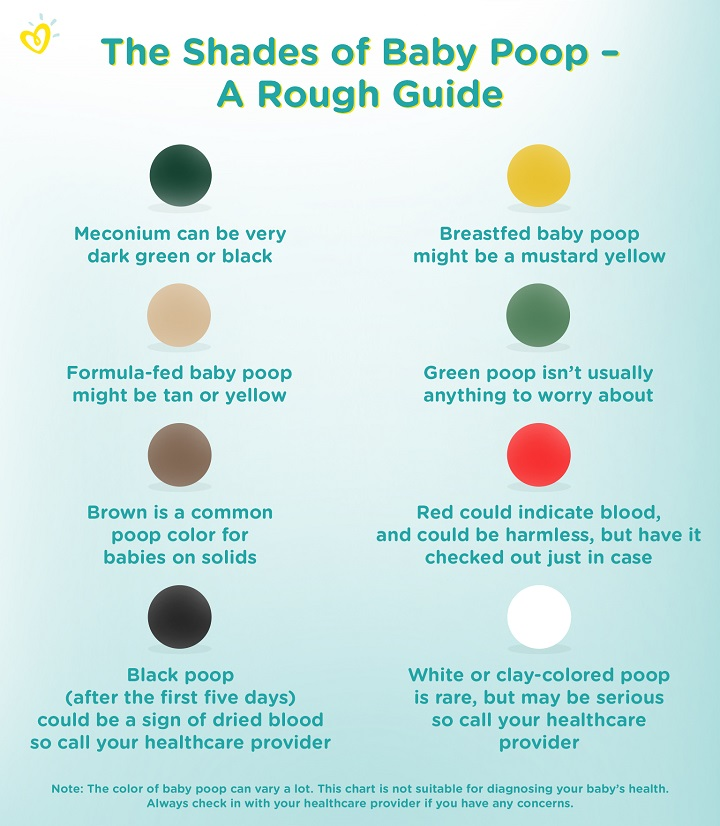 So, always feed your baby breast milk or formula before offering solid food.
So, always feed your baby breast milk or formula before offering solid food.
What foods should I offer my baby first?
Since babies need extra iron, their best first food is an iron-fortified baby cereal. Once solid foods are introduced, babies do not absorb as much iron from breast milk — another reason to make sure that your baby's first food is a good source of iron.
How do I introduce my baby to solid food?
- Choose a time when you and your baby are both relaxed and ready to enjoy mealtime.
- Prepare an iron-fortified baby cereal, such as rice, barley or oatmeal infant cereal. Mix several tablespoons of dry cereal with formula, water or breast milk. The cereal should be the consistency of cream of wheat — smooth and semi-liquid.
- Sit your baby in your lap or in a highchair.
- Use a small spoon to feed your baby.
- Your baby may look a little confused at first, and most of the first feeding may end up on his or her face, hands and bib.
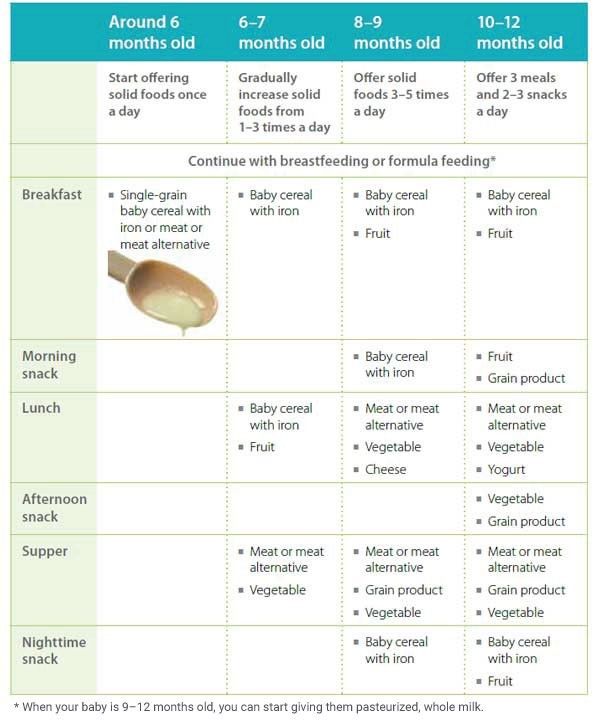 Don't worry. Your baby will gradually become more comfortable with feedings. Try talking gently to your baby to help him or her relax.
Don't worry. Your baby will gradually become more comfortable with feedings. Try talking gently to your baby to help him or her relax. - As your baby begins to enjoy mealtimes, increase the consistency of the cereal so it is like oatmeal. You can also gradually increase the amount of food you offer.
- If your baby spits out the cereal, cries or isn't interested, stop the feeding. You can try again in a few days.
Can I put the cereal or baby food into my baby's bottle?
Please don't put cereal or baby food in a bottle. Your baby needs to learn the difference between liquid and solid foods. Babies need to learn how to move solid food around in their mouth, how to take bites from a spoon and rest between bites, and to stop eating when full. These are all experiences that help babies develop good eating habits.
What are the next foods I can give my baby?
You can give plain baby cereal for several months, but most parents enjoy offering their baby a variety of new foods.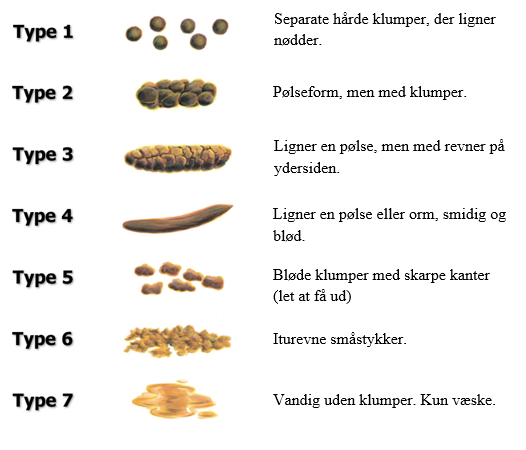
After you've given your baby several different types of cereal, consider offering a vegetable or meat. Chicken or turkey is a good source of zinc for breast-fed infants. After your baby is enjoying several different vegetables, you can then try fruit.
After introducing a new food, wait four to five days before giving your baby any new foods, so you can watch for signs of an allergic reaction.
Be aware that cereal, applesauce and bananas can cause constipation. If your baby becomes constipated, you may try giving him or her an ounce or two of diluted prune or pear juice. You can mix your baby's cereal with prune or pear juice. Or, try offering extra fruits like plums and peaches.
What should I look for when buying baby food?
- Choose single-item foods, like squash or bananas.
- Always read labels. Make sure there is only one ingredient, and look for any added ingredients that can cause allergies, such as orange juice.
- Avoid mixed baby foods, like baby dinners.
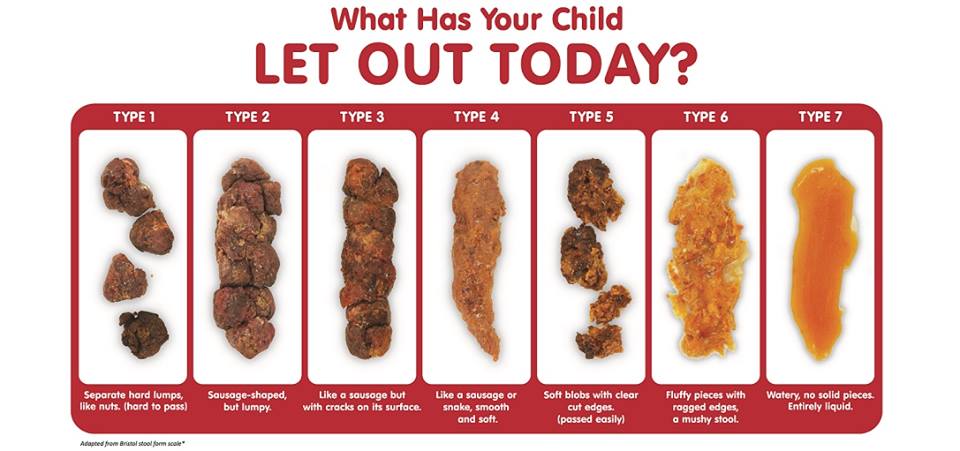 They have less nutritional value and aren't a good value for the money.
They have less nutritional value and aren't a good value for the money. - Don't give your child "baby desserts." They add extra calories without being nutritious.
Can I make my own baby food?
Certainly. If you do, please remember:
- Do not add salt, sugar or seasonings to your baby's food.
- You can freeze extra food in ice cube trays, and defrost small portions later when needed.
- Know that some vegetables, such as carrots, beets, spinach, collard greens and turnips, can contain nitrates, a chemical that can cause an unusual type of anemia. Don't cook these foods for your baby. Store-bought baby food has had the nitrates removed and is fine.
What foods should I not give my baby?
The American Academy of Pediatrics now recommends giving peanut-containing products to infants at "high risk" of developing allergies between four and 11 months, in countries where peanut allergies are common.
Scientific evidence suggests that delaying the introduction of peanuts may be linked to a greater risk of developing peanut allergies.
However, babies who experience severe eczema, egg allergy or other related diseases in their first four to six months may benefit from seeing an allergist who can give patient-specific advice on early introduction of peanuts, the academy says.
Do not give your baby any honey for the first year of life. It can cause infant botulism, a type of food poisoning that can lead to death.
Also, remember that some foods can irritate your baby's digestive system. Avoid highly spicy or greasy foods. Also avoid foods that could easily cause choking, such as small candies, popcorn, raisins, grapes, or hotdogs cut in circles.
What are the signs my baby is allergic to a food?
If your baby as several episodes of vomiting after trying a new food, has diarrhea, develops a rash, or has swelling of the lips or eyes, he or she may be having an allergic reaction.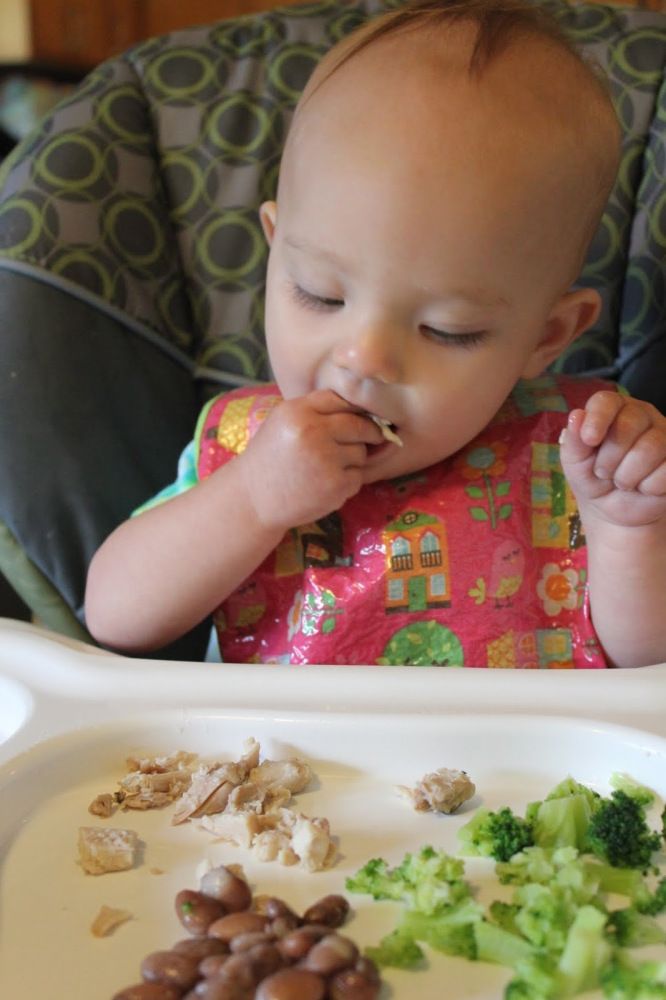 Stop the feeding and call your baby's doctor.
Stop the feeding and call your baby's doctor.
How will my baby's stools change once I introduce solid food?
Your baby's stools may become firmer and may have a different, stronger odor. Some foods will appear in the stool undigested, and you may see peas, corn or tomato skins in your baby's diaper. Bananas often cause little black threads to appear in the stool. This is just the center part of the banana.
If your baby's stools become extremely loose, watery or full of mucous, the baby's intestinal tract may be a little irritated. Consider removing the new food from your baby's diet for a while. Irritation around the anus does not mean the baby is allergic to a food.
How often should I feed my baby?
Since most of your baby's nutrition still comes from breast milk or formula, you do not need to worry about how often you are offering solid foods. Feed your baby when it is fun, easy and convenient for you. Most babies enjoy eating once a day at first.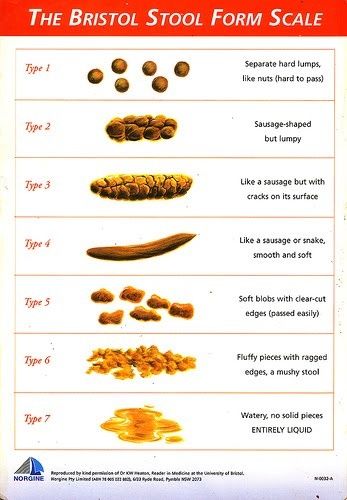 Parents should let babies show when they are interested and how much they want to eat.
Parents should let babies show when they are interested and how much they want to eat.
Used by permission of Jane E. Anderson, M.D.
Starting Baby on Solid Food | Longwood Pediatrics
General information
You should generally start solid foods between 4-6 months of age. Starting solids earlier than this will not cause your baby to sleep longer at night and may cause digestive problems. For your baby’s first year, breastmilk or formula is the most important part of her diet. As you introduce solids, make sure that she is still drinking adequate amounts of formula or breast milk.
Feed your baby all solids from a spoon. Putting cereal in the bottle is not a good idea, and part of learning about solids is learning to eat with a spoon. You may want to start solids at a time when your baby is hungry but not starving, such as after he has had a little formula or breast milk, but not after a full milk feeding when he is not at all hungry.
Try to introduce new foods with enthusiasm, but do not force your child to eat something.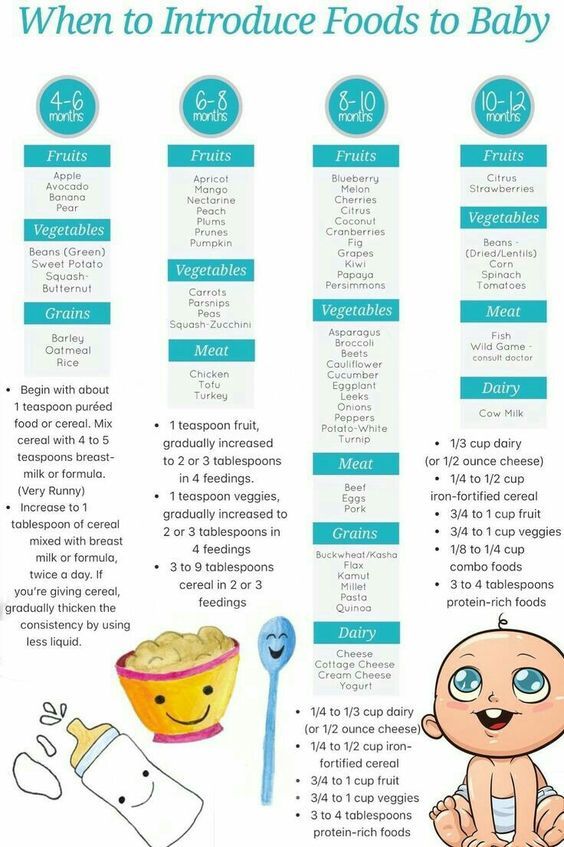 If your child is not interested in a new food, put it away and try introducing it again later. When introducing new foods, there should be an interval of 2-3 days between each new food so that you will know if your baby is having a reaction to a new food.
If your child is not interested in a new food, put it away and try introducing it again later. When introducing new foods, there should be an interval of 2-3 days between each new food so that you will know if your baby is having a reaction to a new food.
If your baby develops vomiting, rash, or diarrhea, please do not give that food again and discuss this reaction at your next visit. If your child develops hives or breathing problems, please call the office.
What foods to introduce
- Feeding suggestions for your baby (download)
Somewhere between 4 and 6 months old, you may begin to introduce first foods such as infant cereals, pureed fruits, pureed vegetables, and pureed meats. Start with about one or two tablespoons of food once or twice a day. It is important to make sure that some of your infant’s early foods contain iron, which is important for all babies’ health. Iron-rich foods include iron-fortified baby cereals, meats, and beans.
Once your child is about 8 months old and sitting up well, you may introduce finger foods such as biscuits, Cheerios, pasta, soft bread/toast, small pieces of soft vegetables or fruits, and shredded chicken or meat.
A note on constipation: Sometimes when a baby starts on solid foods, he will become constipated (hard stools). If your baby becomes constipated, use whole wheat or barley cereal instead of rice cereal and avoid bananas and sweet potatoes, which are constipating. All the fruits which begin with “P” (prunes, plums, pears, peaches) will help soften your baby’s stool, so give them often if your baby is having hard stools. If your baby is constipated, you may also give him 1 ounce of prune juice mixed with 1 ounce of water every day or two.
Beverages
For the whole first year, breast milk or formula should be your baby’s primary beverage. Typical amounts are listed in the table at the end of the sheet. Fruit juice tends to be high in sugar and fills up babies so they eat less nutritious food. We do NOT recommend giving juice to your baby in the first year.
Food sensitivities and allergies
While food allergies seem to be more common among children than they were in the past, no one knows the reason for this.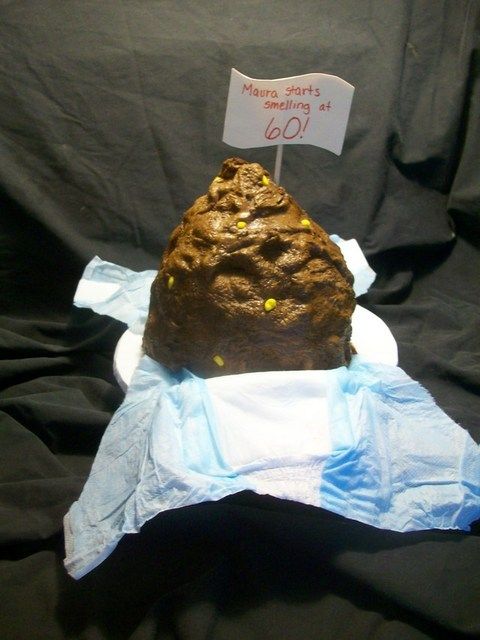 We do not recommend restricting any specific foods for babies because of concerns about allergies, but if you have food allergy questions or a family history of specific food allergies, please discuss this with your provider.
We do not recommend restricting any specific foods for babies because of concerns about allergies, but if you have food allergy questions or a family history of specific food allergies, please discuss this with your provider.
Citrus fruits and tomatoes may cause a rash around the mouth in young children, but this is not a true allergy and is not dangerous; if it happens, you may want to cut back on these types of foods and try them again at a later time.
Peanuts and peanut butter
Recent research suggests that early and continued eating of peanut products decreases the chance of developing a peanut allergy. Some children will still be allergic to peanuts, but introducing peanuts at 4-6 months can prevent peanut allergy for many children. If your child has other food allergies or severe eczema, (or if your family history causes you to be concerned), please discuss blood testing for peanut allergy before you introduce peanuts.
Other infants should begin eating peanut products at 4-6 months. You can mix a small amount of smooth peanut butter into your infant’s baby cereal or pureed food. Bamba, a peanut puff product (available online and in the Israeli or Kosher food section of some grocery stores) can be crumbled into baby cereal. Give a small amount the first few times, and if it is tolerated without hives continue to feed peanut containing products 3 times a week. Older infants and toddlers should continue to eat Bamba or smooth peanut butter (spread thinly on bread or cracker) 3 times a week.
You can mix a small amount of smooth peanut butter into your infant’s baby cereal or pureed food. Bamba, a peanut puff product (available online and in the Israeli or Kosher food section of some grocery stores) can be crumbled into baby cereal. Give a small amount the first few times, and if it is tolerated without hives continue to feed peanut containing products 3 times a week. Older infants and toddlers should continue to eat Bamba or smooth peanut butter (spread thinly on bread or cracker) 3 times a week.
Caution!
- Nuts, whole grapes, spoonfuls of peanut butter, round slices of hot dog, hard raw vegetables, popcorn, hard candies, and ice are all choking hazards and should not be given to your child until at least 4 years old.
- All foods you give younger children should be soft and in small pieces.
- Do not give your baby honey until he is over 1 year old (honey can carry botulism spores that are dangerous for a young baby but not for older children or adults).
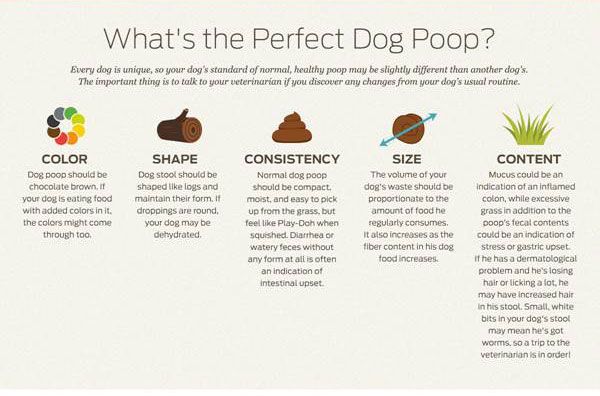
- Do not home prepare beets, turnips, carrots, spinach, and collard greens while your child is an infant. These can be high in nitrates when prepared at home, but are safe if given as store-bought baby food.
Philips AVENT - Solid food
Solid food
Between 4 and 6 months of age, milk alone is not enough for your baby, and he begins to show interest in "adult" foods. This is a sure sign that it's time to introduce complementary foods.
Purchasing and preparing fresh solid foods for your baby is the best way to retain as many nutrients as possible. By preparing food yourself, you will know exactly what this or that dish is made of.
The foods themselves, how they are stored, how they are prepared and prepared also affect their nutritional properties, so we have put together a few tips for you to help prepare the most healthy food for your baby.
Steam cooking
Steam cooking is one of the best cooking methods that preserves the nutritional quality of food. Cooking with the Philips Avent Steamer Blender preserves nutrients, as the juices released during steaming can then be mixed with food using a blender.
Cooking with the Philips Avent Steamer Blender preserves nutrients, as the juices released during steaming can then be mixed with food using a blender.
Preparing and storing
- Cook in a clean room, use clean utensils to ensure food hygiene.
- Wash your hands before preparing food, wash your child's hands before feeding.
- Baby food must be thoroughly cooked and cooled before serving.
- Food is not heated evenly in the microwave oven and you or your child may burn yourself. Always thoroughly stir and cool food heated in the microwave. Use the Philips Avent Bottle and Baby Food Warmer to heat food evenly and safely.
- Do not reheat baby food.
- Store food according to instructions, including date of preparation.
- Most cooked meals can be stored in the refrigerator for up to 24 hours.
- Prepare and freeze portions in ice trays or containers such as Philips Avent VIA cups to save a lot of time.
- VIA Containers are a hygienic and convenient way to store food, and are easy to write the name of the product and date of preparation.
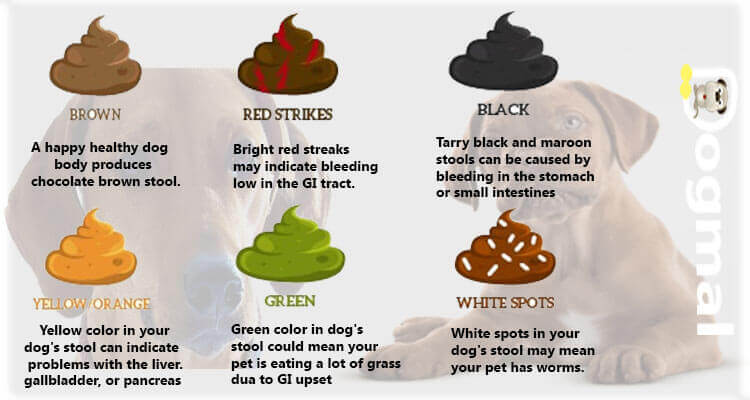
- Refer to your refrigerator's instructions for how long food can be stored in the freezer. Usually it is 1-3 months.
- Do not refreeze food that has already been defrosted.
A few words about the ingredients
- Before cooking, all fruits and vegetables must be thoroughly washed and some peeled.
- Do not add salt to baby food.
- To make your meal tastier, season your food with herbs and mild spices, just like you would when cooking at home.
- Do not add sugar to baby food. The exception is sour fruits, which can be served with a little sugar.
- Some foods, such as raw shellfish, liver, soft unpasteurized cheeses, and honey, are not suitable for children under one year of age.
- Eggs must be hard boiled.
- If you are unsure if a product is right for your child, please consult your doctor.
Please note that the information contained in these articles is only general advice and should not be used as a substitute for consulting a physician.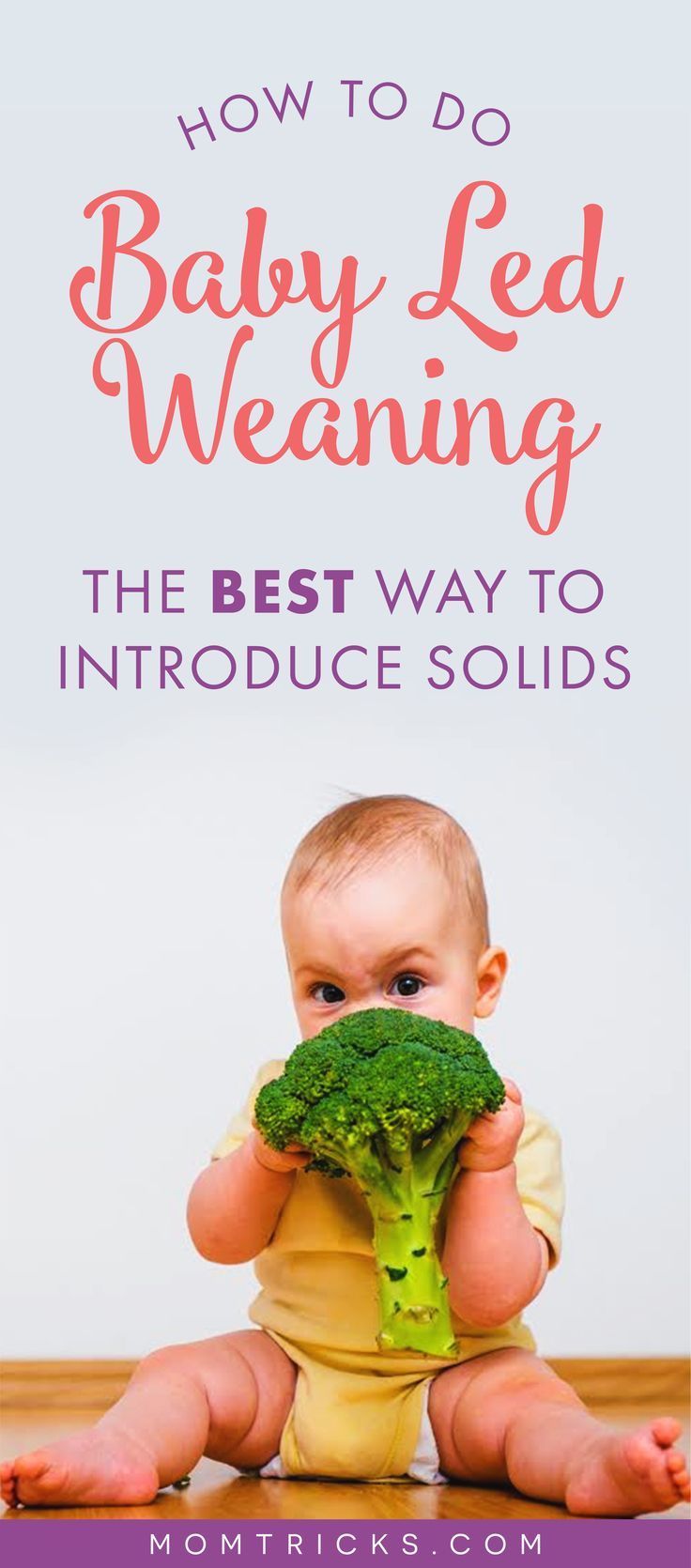 If you, your family member, or your child develop symptoms or illnesses that are severe or persistent, or if you need professional medical attention, see your doctor. Philips Avent accepts no liability for damages resulting from the use of the information provided on this site.
If you, your family member, or your child develop symptoms or illnesses that are severe or persistent, or if you need professional medical attention, see your doctor. Philips Avent accepts no liability for damages resulting from the use of the information provided on this site.
Baby food: the best foods for babies | Types of products for children
Not all mothers and fathers know what is meant by children's food and when they can be offered to the baby. In the practice of doctors, there are many cases when a baby of 3-4 months is already given cow's milk, and vice versa - at the age of 8-9 months, meat puree is still not introduced into the diet.
According to the WHO, it is recommended that complementary foods be introduced when the baby is 4-6 months old and should be done while breastfeeding continues. Complementary foods are understood to mean all liquid and solid foods that are offered to the baby - with the exception of breast milk itself and infant formula. In the Russian Federation, the introduction of complementary foods from 4-6 months is recommended.
In the Russian Federation, the introduction of complementary foods from 4-6 months is recommended.
In this article we will look at what kind of baby food is best for babies, what is recommended to use to expand the menu, how to choose and in what sequence to introduce foods into the diet of a child of the first year of life.
Choose foods for the first feeding
Kashi
Kashi is the best baby food for the first feeding of babies. They are made from cereals, contain a lot of carbohydrates, which give the baby energy for growth and development, and fiber, which contributes to comfortable digestion. This natural and healthy baby food is also a good source of vegetable proteins and fats. All Nestlé® baby cereals are additionally enriched with the Iron+ trace element complex, thanks to which the baby receives iron and other minerals from food.
Dairy-free, gluten-free, hypoallergenic cereals - buckwheat, corn - should become the first cereal-based baby products.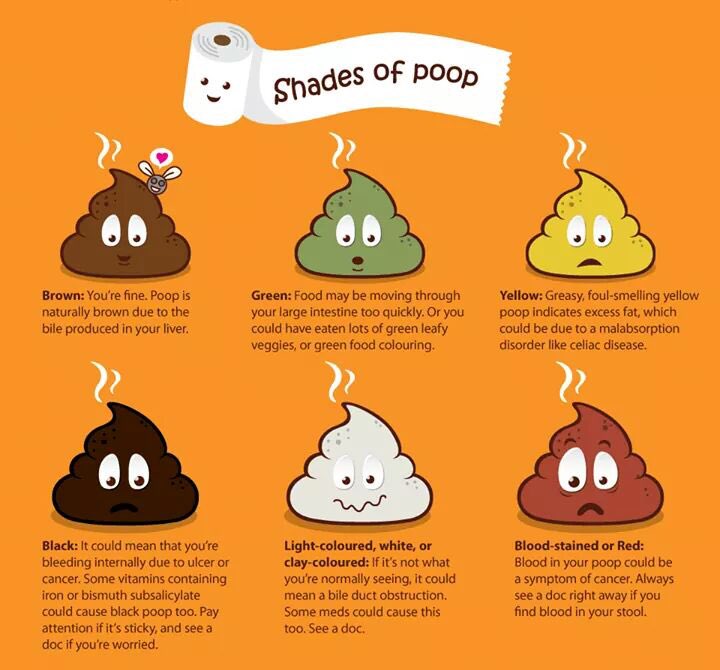 Then the baby's diet can be expanded and other cereals can be introduced:
Then the baby's diet can be expanded and other cereals can be introduced:
- Dairy cereals from gluten-free cereals - for example, buckwheat porridge with dried apricots, rice porridge with apple.
- Cereals from cereals containing gluten - oatmeal, wheat.
- Porridge from a mixture of cereals - multi-grain porridge with pear and peach, banana and strawberry pieces.
Nestle® Kashi is an easy-to-use dry baby food. Just take the right amount of porridge and dilute it with breast milk or water - it's very easy. You can prepare a very tiny portion, which is important when the baby first meets a new product.
Important!
Complementary foods always start with small portions. If your baby is trying porridge for the first time, offer him no more than one teaspoon. Watch out for reactions; if everything is in order - the next day increase the portion to two teaspoons. With good tolerance, gradually, within 5-7 days, bring the serving volume to the age norm.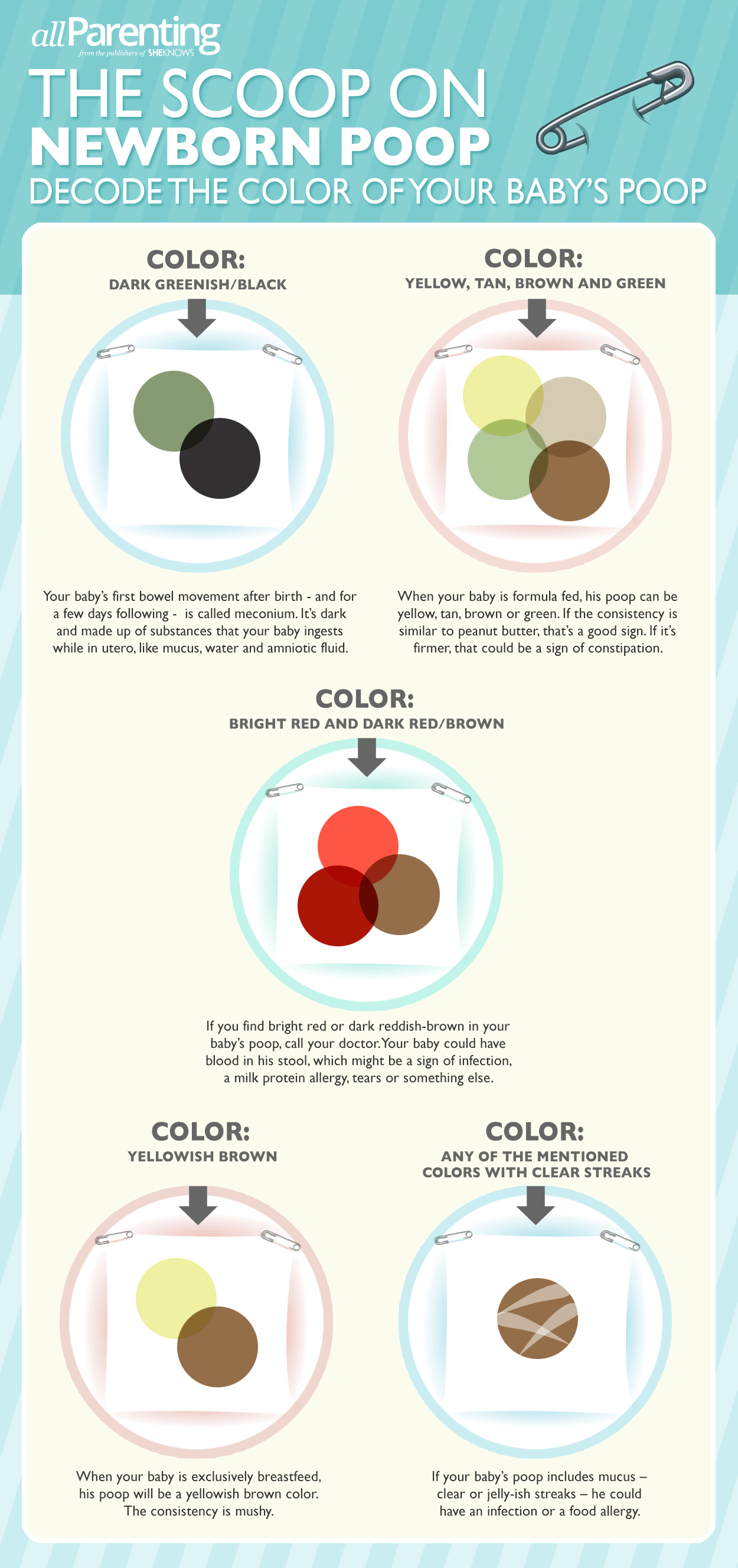 If, in response to the introduction of porridge, the child develops a rash on the skin, the nature of the stool changes, he becomes restless - do not give this product yet. It will be possible to try again to introduce it into the diet in a month.
If, in response to the introduction of porridge, the child develops a rash on the skin, the nature of the stool changes, he becomes restless - do not give this product yet. It will be possible to try again to introduce it into the diet in a month.
Meat
Meat purees occupy a special place among baby foods. They are rich in protein, contain B vitamins, zinc, magnesium, and, most importantly, a lot of well-absorbed heme iron. By six months, the baby's iron stores are depleted, and a reliable source of this element should appear in his diet.
Meat is introduced into the diet as homogenized baby food. It is recommended to start with mashed light white meat - rabbit or turkey - they have the highest iron content. Then the menu includes more nutrient-dense meats: veal and beef.
Vegetables
Vegetables contain carbohydrates, organic acids, fiber, pectin, various vitamins and minerals. Some of them, such as carrots and pumpkins, literally scream with their orange color about a large amount of beta-carotene, a provitamin from which the body produces vitamin A.
Puree is the ideal consistency for introducing crumbs to vegetables. Therefore, for children aged 4-6 months, all baby food should be homogenized. Pieces of food appear on the menu of the child closer to the year - and then very small.
For the first vegetable weaning, mashed marrows, broccoli, cauliflower are recommended. As your baby becomes familiar with simple foods, you can move on to purees with sophisticated flavor combinations, such as cauliflower and potatoes.
Note
There is a rule: one day - one new product. If you introduced mashed broccoli into your child's diet today, do not offer other new dishes yet.
Egg
Egg is not a first food product. Egg yolk can be included in baby food immediately after the first cereals and mashed potatoes, from 7 months. The yolks contain a lot of easily digestible proteins and fats, vitamin A and phosphorus. Choline is especially important - it favorably affects the development of the nervous system.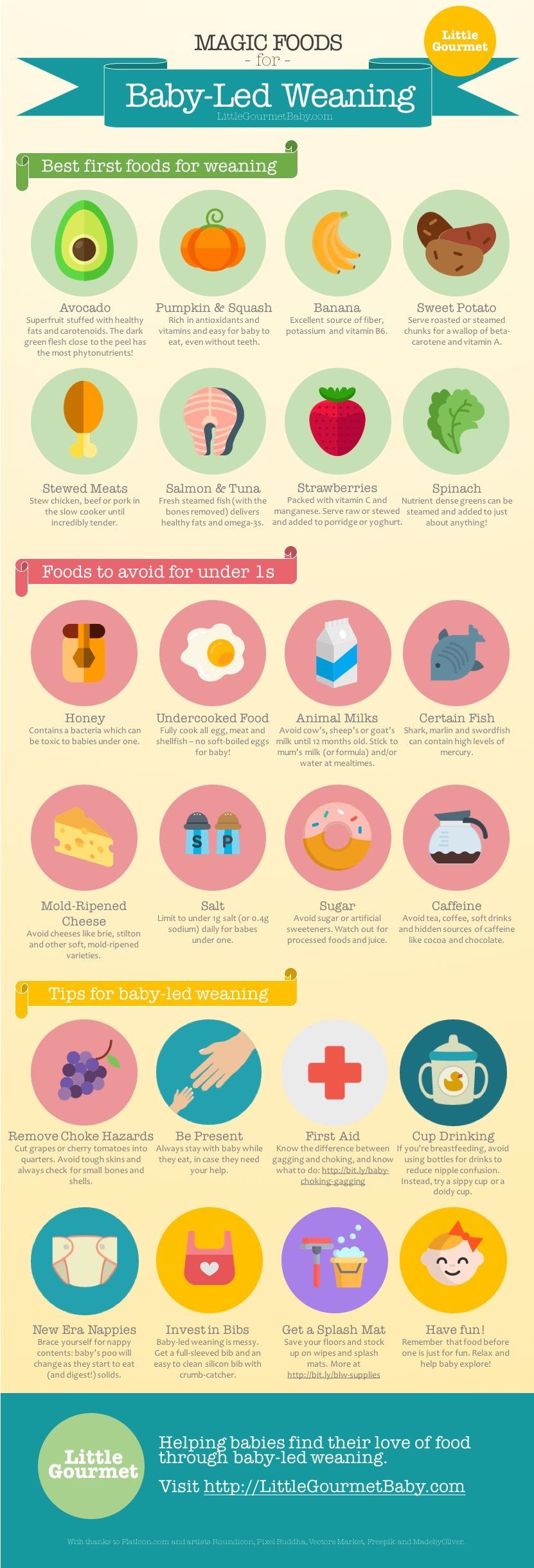
Fruits
Fruits are not only healthy, but also very tasty, because they contain a lot of natural sugars. They are also rich in vitamins and minerals, organic acids (citric, malic and others), fiber, which contributes to the comfortable functioning of the intestines. Baby fruit products are recommended to be introduced after the first feeding. It is better to start with fruits traditional for our country - apples or pears.
Some mothers think that natural baby food made from fruits can only be prepared at home. Actually it is not. Factory products - the best companies involved in the production of baby food, carefully test raw materials for the absence of heavy metals, traces of fertilizers and other harmful impurities, and are also responsible for the proportions of nutrients declared on the packaging. It is impossible to achieve this at home.
Fruit juices
Fruit juices are one of the popular liquid baby food options. They are similar in vitamin and mineral composition to fruit puree (especially juices with pulp) - they contain potassium, iron, vitamin C and many other useful substances.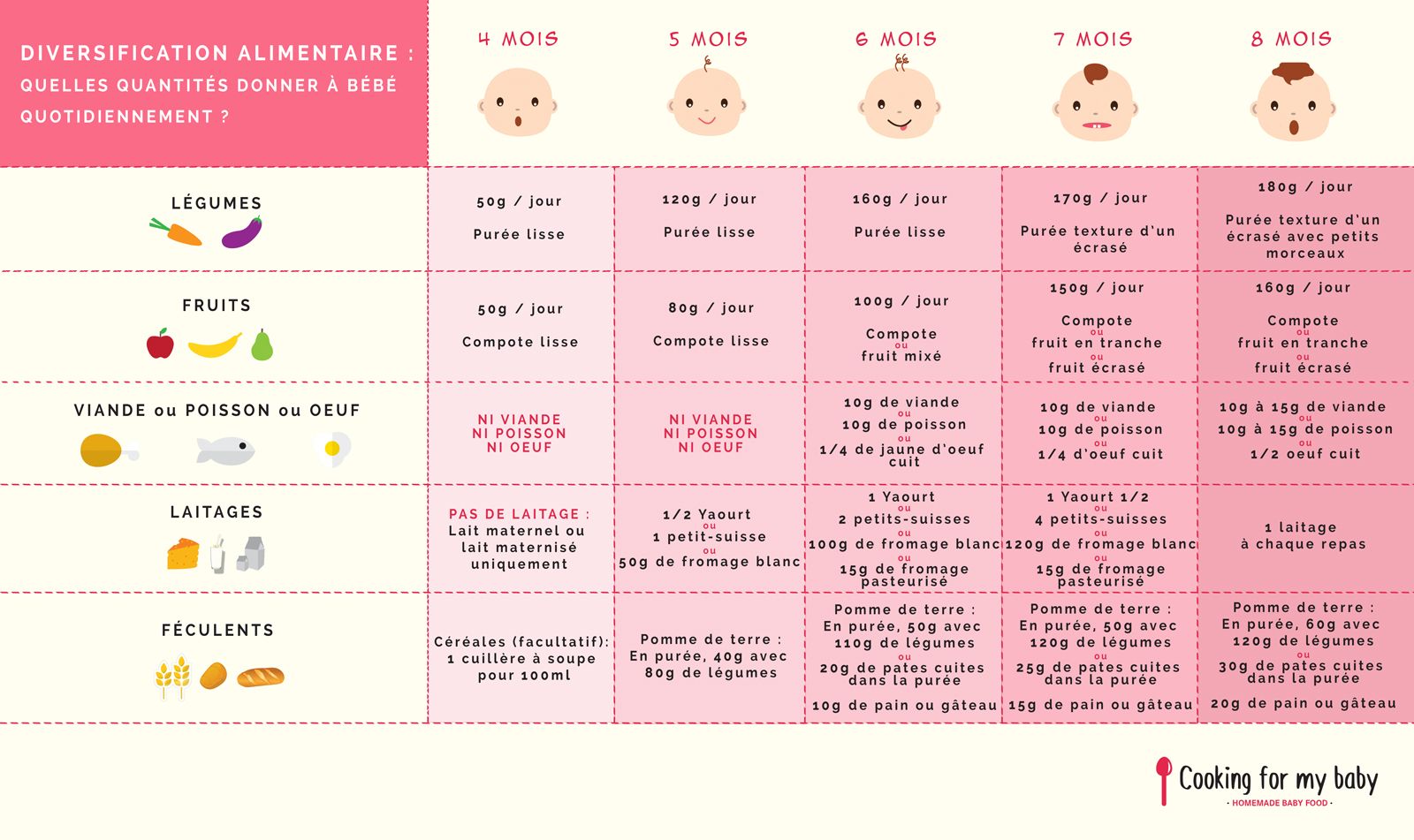 And, of course, juices are a pleasant delicacy that kids really like and greatly expands the palette of baby food flavors.
And, of course, juices are a pleasant delicacy that kids really like and greatly expands the palette of baby food flavors.
Juices are introduced into complementary foods simultaneously with fruit puree and according to the same scheme. It is advisable to start with simple drinks from one fruit - for example, an apple or a pear, and only then indulge the crumbs with complex cocktails - such as a mixture of apple, grape and rosehip juices.
Fish
Like meat, fish in baby food will become a source of protein, B vitamins and other trace elements. In addition, it contains polyunsaturated fatty acids that are important for growth and development, which the child's body is not able to synthesize on its own in the right amount.
Babies can be offered fish from 8–9 months, replacing meat with it 1–2 times a week. When introducing fish, you need to remember that children have intolerance to this product. If fish feeding has led to allergies or other undesirable consequences, temporarily exclude fish from the diet and be sure to consult a specialist.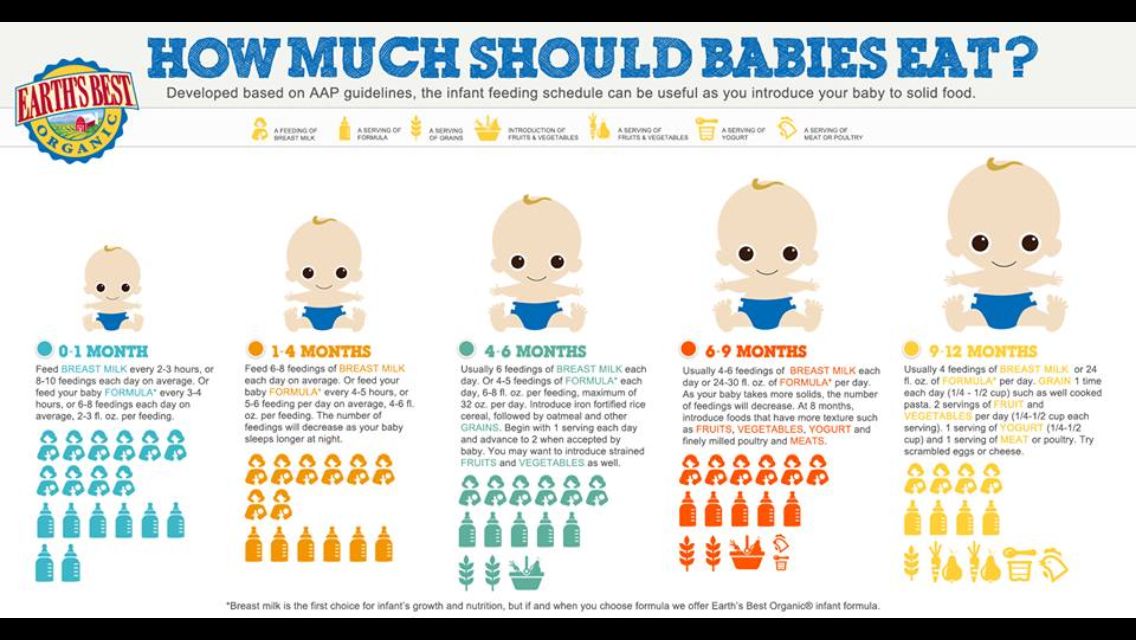 It will help you choose the right foods for your baby.
It will help you choose the right foods for your baby.
Dairy products
Many parents in Russia believe that cow's milk is the best baby food, and this misconception is actively supported by the older generation. Don't believe it: whole cow's milk does more harm than good to babies and can cause digestive problems. In addition, milk contributes to too rapid weight gain, which in the future increases the risk of obesity, diabetes and other diseases.
Instead of cow's milk, the following solid and liquid baby foods are recommended for babies under 3 years of age:
- Children's products containing milk in small quantities - such as industrial milk porridges.
- Special for children after one year.
- Fermented milk products - special adapted drinks.
- Low-fat cottage cheese.
Water
In the first months of life, the baby receives the necessary amount of water from breast milk. However, as an independent product, water appears in the baby's diet almost simultaneously with the first complementary foods.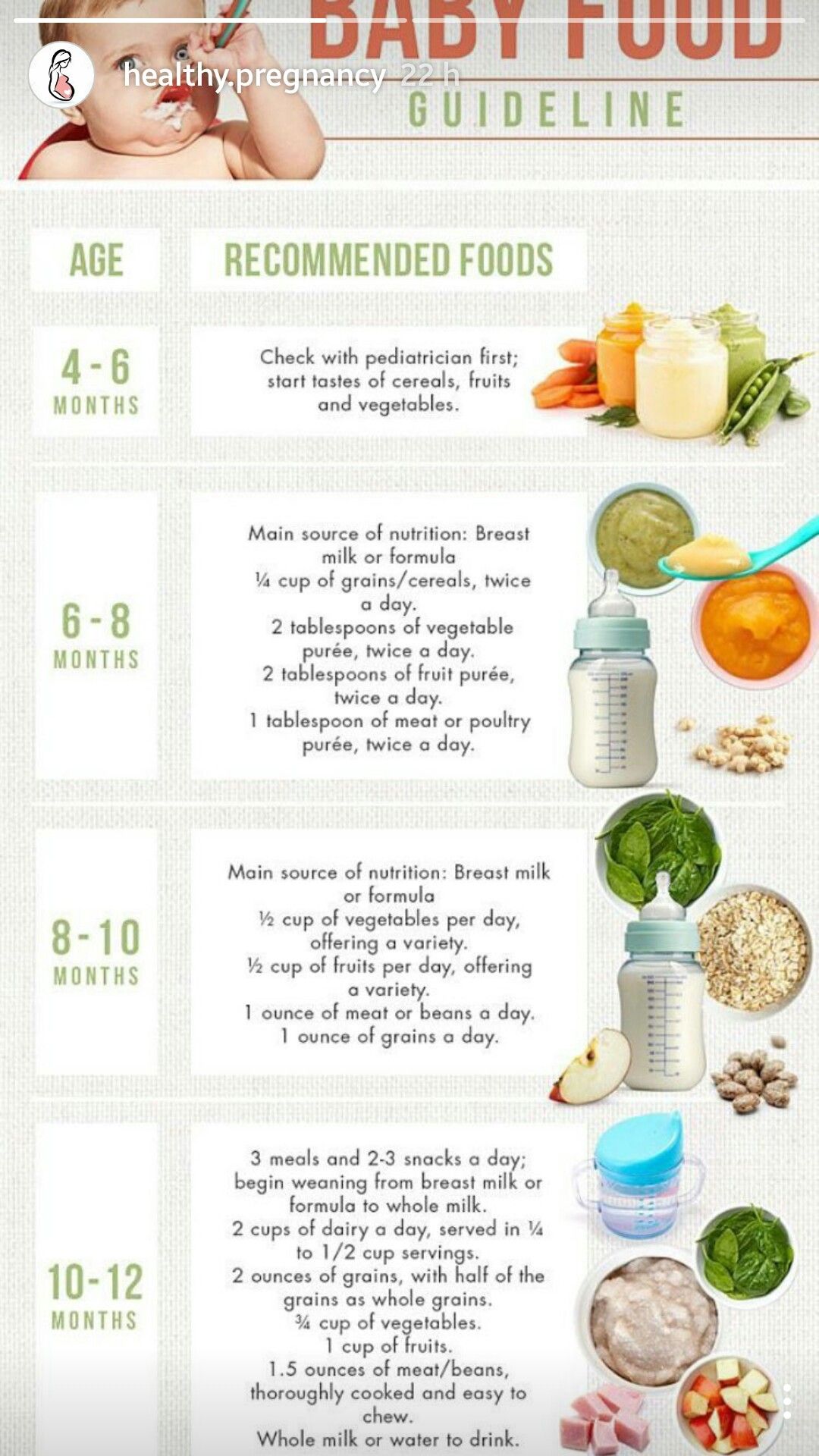 It is used for breeding dry baby food - dairy-free and milk porridges, as well as just for drinking.
It is used for breeding dry baby food - dairy-free and milk porridges, as well as just for drinking.
The choice of water must be approached responsibly. Pediatricians recommend buying a baby special bottled water for baby food. It is manufactured in compliance with strict bacteriological standards, does not contain radioactive and harmful chemical impurities, and is characterized by low mineralization. For parents, this water is convenient because it does not need to be boiled - but only if used within a day after opening the package.
Herbal teas
There are many herbal teas now available that are specifically designed for baby food. They contain medicinal herbs and fruits - fennel, mint, anise, chamomile, rose hips, raspberries and others.
Sometimes berries, fruits, natural sugars are added to children's tea - this way the drink becomes more attractive for a little gourmet.
These children's products are a natural pharmacy that provides the baby with a complex of useful substances.


